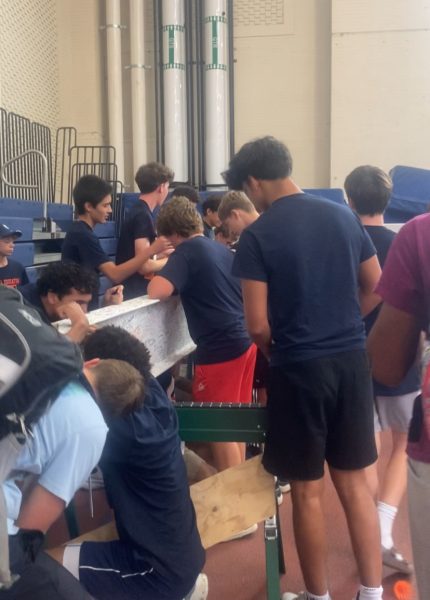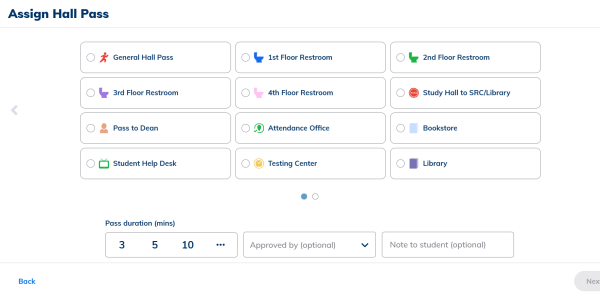Chinese Club holds Lunar New Year Celebration
In the first week of February, students from the third and fourth-year Chinese classes visited classrooms around OPRF to conduct presentations about Lunar New Year. “There were 47 presentations … throughout the week,” said AiLien Hung, an OPRF Mandarin Chinese teacher for 12 years. “I am very proud of them, and impressed.”
Each informative presentation was created by the students, following a few guidelines as to what topics to include. For example, most expositions included the topics of legends, traditions, and food.
In previous years, OPRF has held a schoolwide festival for the Lunar New Year during all lunch periods, including a dragon dance. However, due to COVID safety measures, there was no festival this year.
Outside of OPRF, Lunar New Year is a large-scale celebration involving many cultures. Chinese New Year is one culture’s celebration of Lunar New Year; other Asian countries, such as Japan and Indonesia, also celebrate the Lunar New Year. “Saying Lunar New Year incorporates more people into the celebration,” says freshman Amy Burna.
Lunar New Year is a family and friends-oriented and tradition-rich holiday, and the span is more than just one day. “Traditionally, we celebrate new year before the new year date,” says Hung, “one week before the new year date, and 15 days into the new year … almost a month.”
Another tradition of the Lunar New Year is taking the day off from cleaning, as cleaning is said to clean the luck away.
Some people celebrate with family, like Lena Tang, OPRF senior and co-president of the Pan Asian Leadership Society. “My grandparents live in China, so I don’t see them often, but that’s always a day that I call them,” says Tang. Celebrants “Make sure to greet your family, see how everyone’s doing, and wish them well wishes… (Lunar New Year is) very family-oriented.”
Others celebrate with friends as well, like Burna, who often used to enjoy food and festivities with her friends around the Lunar New Year before taking part in the new year traditions with Hung’s class this year. Some of these class activities included calligraphy, one of Hung’s personal favorites; Three Fish, which Burna says “symbolize happiness;” and Hongbao, which are small red envelopes traditionally gifted from parents to children containing gifts like money and sweets.
In the future, Hung and her students hope to be able to bring back the schoolwide festival.





